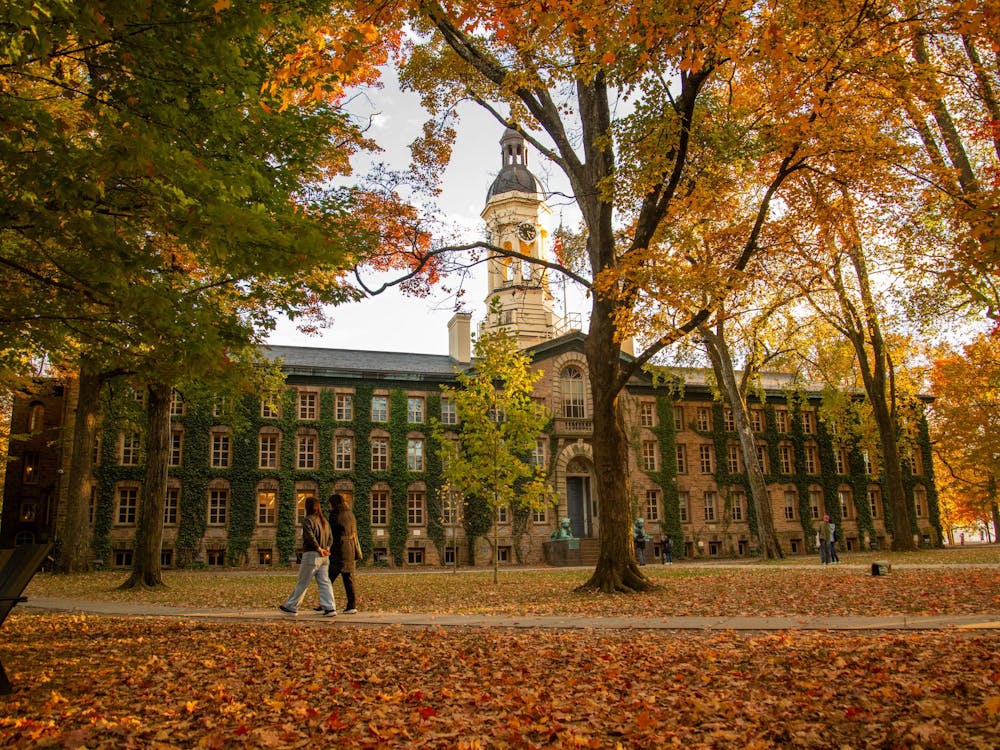Students gathered on the south lawn of Frist Campus Center on Wednesday to discuss the changing landscape of the Middle East and issues related to the Israeli-Palestinian conflict as part of “Talk Israel: Join the Conversation.”
“We want to give the campus community the opportunity to talk civilly and freely about the Middle East,” Arielle Greenwald, student life coordinator for the Center for Jewish Life said.
“Many are eager to discuss the implications of revolutions from Algeria to Syria, social justice demonstrations in Israel and the challenges presented by a possible vote on the status of Palestine in the United Nations,” she added.
The day’s events began with a playing of a recorded speech by David Makovsky, Ziegler Distinguished Fellow from the Washington Institute for Near East Policy, who discussed the current prospects for peace in the Middle East. Organizers later showed President Barack Obama’s speech to the U.N. regarding the possible vote to acknowledge Palestinian statehood. Both speeches were discussed throughout the events of the day.
Greenwald said the event was created, in part, as a response to a “sense of apathy on campus” regarding very important issues surrounding Israel, as well as to encourage discussion of current events in the Middle East.
The main focus of the event was on small discussion groups, led by two facilitators from the Jewish Dialogue Group, a grassroots organization based in Philadelphia, Greenwald explained.
“The mission of the Jewish Dialogue Group is to facilitate dialogue among Jews in a safe environment,” Marianne Perez, a volunteer facilitator with the organization, said.Perez added she hoped the event would help students “find opportunities to learn that might not necessarily come to light when people are simply arguing."

Greenwald reiterated this point, saying such discussions "work best in small groups of 15 to 20 people."
Students engaged in conversations ranging from “ideas about Israeli security and safety” to “their own upbringing, experiences discussing these issues, and their hopes for future conversations,” Executive Director of the Jewish Dialogue Group Mitch Chanin said.
“I hope that people gain a better understanding of points of view that are different from their own,” Chanin said.
He emphasized the organization’s role in representing views from across the spectrum, adding, “Some people will come out of the discussion with more clarity on an issue, while others will find even more questions raised — both of which can be positive outcomes.”

Princeton was one of 20 campuses that hosted the Talk Israel program. The program is funded in part by the Jim Joseph Foundation and coordinated by Hillel: The Foundation for Jewish Campus Life. The hosting campuses were linked by frequent updates on Facebook and Twitter.
“For those not comfortable speaking now, they can post their ideas for future types of dialogue on Israeli-Palestinian issues,” said Greenwald, speaking of their social media outlets. “We hope this can act as a springboard for furthering and deepening discussion on campus this year.”







